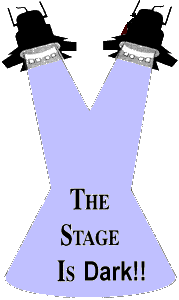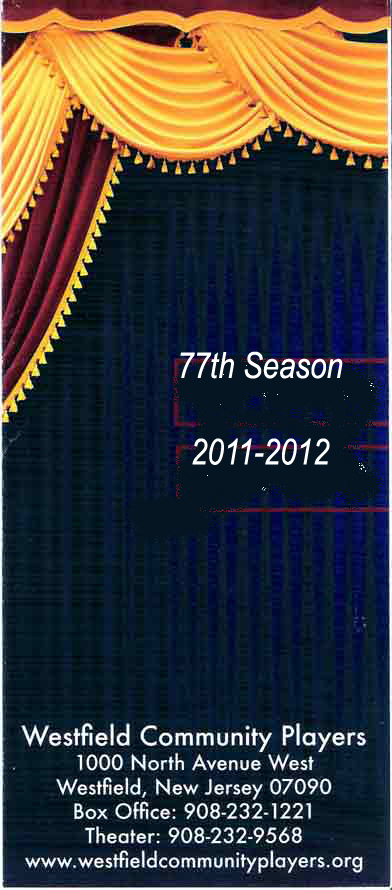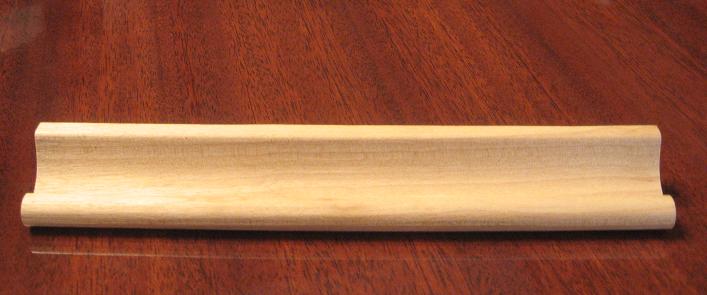| Word |
Definition |
| director | a person who supervises the creative aspects of a dramatic production or film and instructs the actors and crew |
| actor | a person who portrays roles in stage plays, motion pictures, television broadcasts, etc. |
| stage | the platform on which the actors perform in a theater |
| proscenium | the area of a modern theater that is located between the curtain and the orchestra. |
| flat | a piece of scenery consisting of a wooden frame, usually rectangular, covered with lightweight board or fabric |
| spotlight | a lamp that produces a strong beam of light to illuminate a restricted area; used to focus attention of a stage performer |
| applause | hand clapping as a demonstration of approval, appreciation, acclamation, or the like |
| makeup | the total ensemble of cosmetics, wigs, costumes, etc., used by an actor or other performer |
| producer | a person responsible for the financial and administrative aspects of a stage; the person who exercises general supervision of a production and is responsible chiefly for raising money, hiring technicians and artists, etc., required to stage a play |
| properties | usually movable items, other than costumes or scenery, used on the set of a theater production, motion picture, etc.; any object handled or used by an actor in a performance |
| scenery | hangings, draperies, structures, etc., used on a stage to represent a locale or furnish decorative background |
| costumes | a style of dress, including garments, accessories, and hairstyle, especially as characteristic of a particular country, period, or people |
| tickets | a paper slip or card indicating that its holder has paid for or is entitled to a specified theater performance |
| publicity | information that concerns a person, group, event, or product and that is disseminated through various media to attract public notice |
| batten | a length of metal pipe hung from the gridiron, for suspending scenery or equipment, as drops, flats, or lighting units |
| round | in the _______ ; a stage in which the audience sits on all sides of the stage |
| broadway | the theater district located on or near this street, esp. as the center of the professional or commercial theater in the U.S. |
| crew | aside from the actors, those who perform the backstage elements of a theatre production |
| curtains | a set of hanging drapery for concealing all or part of the stage or set from the view of the audience |
| cue | anything said or done, on or off stage, that is followed by a specific line or action |
| fresnel | A type of spot light which due to a set of concentric circular ribbing on its surface, gives an even field of light with soft edges |
| playbill | contains a cast list, cast photos, cast biographies, song lists and who performs the songs, if a musical, and a list of scenes for a particular show |
| comedy | literary work that aims primarily to provoke laughter |
| tragedy | seeks to engage profound emotions and sympathies |
| musical | theatrical show on stage where the production progresses by means of music, song and, often dance |
| pratfall | a clownish exploitation of movement |
| teaser | a drapery or flat piece across the top of the proscenium arch that masks the flies and that, together with the tormentors, forms a frame for the stage opening |
| lights | the illuminating agents or sources for the stage |
| audience | the group of spectators at a theater |
| playhouse | a theater |
| theatre | A building, room, or outdoor structure for the presentation of plays, films, or other dramatic performances |
| balcony | a gallery in a theater |
| orchestra | the space reserved for the musicians, usually the front part of the main floor |
| mezzanine | the lowest balcony or forward part of such a balcony in a theater |
| usher | a person who escorts people to seats in a theater |
| script | the text of a play |
| drama | a composition in prose or verse presenting in dialogue or pantomime a story involving conflict or contrast of character, esp. one intended to be acted on the stage; a play |
| dialogue | the conversation between characters in a play |
| lines | usually, the words of an actor's part in a drama, musical, comedy |
| business | a movement or gesture, esp. a minor one, used by an actor to give expressiveness, drama, detail, etc., to a scene or to help portray a character |
| playwright | one who writes plays; a dramatist |
| revue | a form of theatrical entertainment in which recent events, popular fads, etc., are parodied |
| farce | a light, humorous play in which the plot depends upon a skillfully exploited situation rather than upon the development of character |
| backstage | behind the proscenium in a theater, esp. in the wings or dressing rooms |
| scene | a division of a play or of an act of a play, usually representing what passes between certain of the actors in one place |
| aside | a part of an actor's lines supposedly not heard by others on the stage and intended only for the audience |
| scrim | a piece of such fabric used as a drop, border, or the like, for creating the illusion of a solid wall or backdrop under certain lighting conditions or creating a semitransparent curtain when lit from behind |
| prompter | a person who is offstage and follows a play in progress from the book, repeating missed cues and supplying actors with forgotten lines |
| satire | a literary work holding up human vices and follies to ridicule or scorn |
| thrust | a stage that extends beyond the proscenium arch and is usually surrounded on three sides by seats |
| apron | The part of a stage in a theater extending in front of the curtain |
| choreographer | a person who creates dance compositions and plans and arranges dance movements and patterns for dances in plays |
| practical | any object which must do onstage the same job that it would do in real life e.g. lamp post or telephone |
| antagonist | the chief opponent of the protagonist in a drama |
| barndoor | adjustable doors attached to the front of stage lanterns to control the area of light covered by a particular beam |
| blackout | a total, sometimes sudden, extinguishing of the stage lights, often at the end of a scene or act |
| blocking | the process of roughing out the moves to be made by the actors |
| bounce | to bring in the House Curtain fast, then take it out again immediately; lighting term describing light beams reflected off the stage or set |
| dimmer | electrical device which controls the amount of electricity passed to a lamp and therefore the intensity of the light |
| downstage | the part of the stage closest to the audience |
| followspot | a manually operated spot light with a beam which can be directed to follow an actor around the stage |
| gobo | a metal plate with a pattern punched out of it and placed in the gate of a profile spot to produce an image or outline on stage |
| green | the part of the stage area visible to the audience |
| lantern | one of the many words for a theatre light; also luminaire, instrument, light, fitting, lamp |
| leko | an American brand of profile spot, now can mean any profile spotlight. Named after Ed Kook - founder of Century Lighting in the USA - and his partner Levey, who developed the compact ellipsoid spotlight |
| libretto | the part of a musical score containing the sung and spoken words |
| pancake | make-up item, available in a range of shades, used the world over |
| pearl | a lamp with a frosted, translucent envelope, giving a softer more diffuse light |
| principals | the actors in a show with the lead or speaking roles |
| prologue | speech given to the audience by an actor before the start of the play |
| protagonist | the main character in a play around whom most of the action is based |
| rigging | the lighting system as a whole |
| supernumerary | an actor with a non-speaking role to swell a crowd scene; also extra |
| understudy | an actor who learns the part of another ready to step into their shoes should they not be able to perform due to illness or other reasons; also cover |
| upstaging | to deliberately draw focus on stage |
| critic | a person who evaluates, dramatic or musical performances for a newspaper or magazine |
| act | one of the main divisions of a play |
| audition | the process whereby an actor seeks a role by presenting to a director or casting director a prepared reading or by reading cold from the text of the play being presented |
| border | a piece of flat scenery, often black velour but sometimes a flat, which is placed horizontally above the set, usually to mask the lighting instruments; borders are often used with side wings, in a scenery system known as wing and border |
| denouement | the final scene or scenes in a play devoted to tying up the loose ends after the climax |
| discovery | a character who appears onstage without making an entrance, as when a curtain opens |
| ensemble | literally, the group of actors (and sometimes directors and designers) who put a play together; metaphorically, the rapport and shared sense of purpose that bind such a group into a unified artistic entity |
| forestage | a modern term for apron, the small portion of the stage located in front of the proscenium |
| improvisation | dialogue and/or stage business invented by the actor, often during the performance itself |
| melodrama | originally a term for musical theatre, by the nineteenth century this became the designation of a suspenseful, plot-oriented drama featuring all-good heroes, all-bad villains, simplistic dialogue, soaring moral conclusions, and bravura acting |
| monologue | a long unbroken speech in a play, often delivered directly to the audience when it is more technically called a soliloquy |
| setting | or set, the fixed (stable) stage scenery |
| tableau | a frozen moment onstage, with the actors immobile, usually employed at the end of a scene, as the curtain falls or the lights dim |
| traveler | a curtain that, instead of flying out, moves horizontally and is usually opened by dividing from the center outward |
| troupe | a group of actors who perform together, often on tour; also company |



